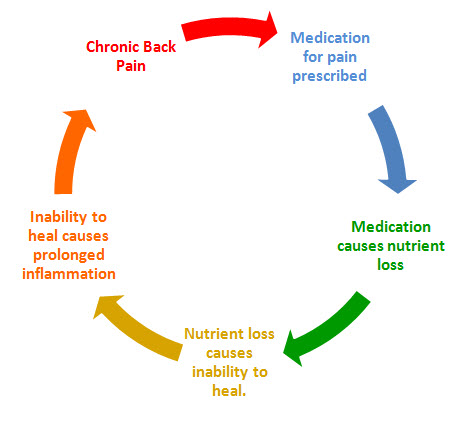 A wonderful thing happens every Summer. People commit to new fitness and weight loss programs as part of their attempt to get ready for the beach and poolside. Why is this so wonderful? It increases awareness about the importance of diet and exercise and improves the health of those involved. Unfortunately, most people fall off of the proverbial wagon after the first month or two.
A wonderful thing happens every Summer. People commit to new fitness and weight loss programs as part of their attempt to get ready for the beach and poolside. Why is this so wonderful? It increases awareness about the importance of diet and exercise and improves the health of those involved. Unfortunately, most people fall off of the proverbial wagon after the first month or two.The problem with many weight loss systems is that they cater to the masses without considering individual need. They use a “one size fits all” approach. This approach works for some but leaves many to ponder why the weight will not come off the way it used to.
As if that were not bad enough, weight loss is not just about Calories. The concept of the Calorie is based on the amount of heat a food generates when it is burned in a sealed chamber. Although Calorie estimation can be useful, it does not take into consideration the affect that food can have on hormone levels. To make things even more confusing, different foods can affect people’s hormones differently. For example, some people do not tolerate carbohydrates very well. For these individuals, carbs cause excessive insulin production which in turn tells the body to store fat. This can happen even if the individual is not “over eating” on Calories.
Exercise Programs
A common problem with exercise is time. People typically do not want to take an hour or more daily to go to a gym and exercise. I recommend The 10 minute rule. Everyone has at least 10 minutes to give to exercise. The key to this rule is that the exercise must be intense. Try the following exercises: push-ups, pull ups, lunges, and squats. Perform two sets of each exercise within a 10 minute time frame. Don’t worry if you can’t perform a lot of repetitions of these exercises when you first get started. The key will be consistency over time. If you do it daily your body will get stronger and build lean muscle mass. As this happens you will notice your clothes fitting better, your energy increasing, your sleep improving, etc. Do not weigh yourself on a scale. As you lose fat, you will gain muscle. Therefore, your weight may not fluctuate down as much as you want it to. Weight is not as important as body composition.




 A new pilot study published in the Journal of the American Dietetic Association finds a that high number of “gluten free” products are cross contaminated…
A new pilot study published in the Journal of the American Dietetic Association finds a that high number of “gluten free” products are cross contaminated…

 A recent paper published in the Annals of the New York Acedemy of Sciences connects intestinal permeability (AKA leaky gut syndrome) with the development of autoimmune diseases. The authors base their findings on what we know of celiac disease and Type I Diabetes. Both diseases share the same HLA-DQ genetics. As well, they both share the same environmental trigger -Gluten.
A recent paper published in the Annals of the New York Acedemy of Sciences connects intestinal permeability (AKA leaky gut syndrome) with the development of autoimmune diseases. The authors base their findings on what we know of celiac disease and Type I Diabetes. Both diseases share the same HLA-DQ genetics. As well, they both share the same environmental trigger -Gluten.







